
Ready to enjoy time outside in wonderful weather?
Just when things start warming up and we can all be outside enjoying picnics, barbecues, sporting events, etc. mosquitoes and other bugs become more active and are ready to pester us.
What kind of mosquitoes bite people?
The first thing that may be a surprise is that only female mosquitoes bite people. For nourishment both male and female mosquitoes drink plant nectar. But females need the proteins found in blood (animal or human) in order to be able to lay eggs.
There are over 3,000 species of mosquitoes found in the world. There are about 176 species found in the United States.
What diseases do mosquitoes carry?
Mosquitoes are considered to be the deadliest thing on earth because they kill more people than anything else. Mosquitoes transmit malaria, Zika virus, Dengue fever, yellow fever, West Nile virus, chikungunya, Japanese encephalitis, St. Louis encephalitis, eastern equine encephalitis, and La Crosse encephalitis.
In addition, mosquitoes carry heartworm parasites which can be fatal to dogs and cats.
In the United States, the most common mosquito borne disease is the West Nile virus. Cases have been reported in every state except Alaska, Hawaii and Maine.
There is no prophylaxis or vaccine for West Nile virus. The only way to avoid getting it is to avoid getting bitten!
Learn more about West Nile Virus by clicking here.
When are mosquitoes most likely to bite?
Mosquitoes are most active at dawn and dusk, but many species bite throughout the day and night. In other words, it’s best to protect yourself from mosquito bites 24/7 during mosquito season!
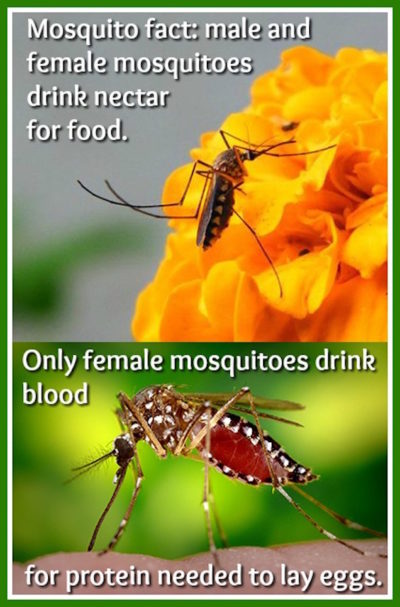
Where are you more likely to encounter mosquitoes?
If you are going to be traveling the world, mosquitoes are big concerns in many countries in Africa, Asia, Central and South America, and parts of Australia. We recommend visiting the travelers page at the Centers for Disease Control and Prevention (CDC) https://wwwnc.cdc.gov/travel/destinations/list/ for recommendations about preparing for your trip.
Mosquitoes are found throughout the United States. The range of various types of mosquitoes found in the US has expanded thanks to warming temperatures.
In general, mosquitoes tend to like areas with water sources since they lay eggs in water. This can be a lake, a pond, a pool, birdbath, dog water dish, or something as small as a bottle cap full of water. Mosquitoes also like areas with lots of plants and bushes where they can drink nectar from flowers and hide out during the heat of the day.
What can you do to prevent mosquito bites?
Use mosquito nets inside and outside
Remember that air conditioning does not stop mosquitoes from biting! Mosquitoes can enter any room when doors and windows open and close. Mosquitoes are active in temperatures above 50 degrees Fahrenheit!
When we’re awake, we can do a variety of things to chase mosquitoes away, but when we’re sleeping, they can feast. This is why sleeping under a mosquito net is a great idea during mosquito season! And it’s actually a great idea to sleep under a mosquito net year round if you want to keep out spiders or other creepy crawlies too.
Hanging a mosquito net over a crib will ensure your baby sleeps pest-free!
A mosquito net can be a lovely addition to a bedroom bringing with it a sense of romance or adventure, and they are easy to decorate with accents to match the decor of your bedroom.
You can also use mosquito nets outside to enjoy great weather without pests! Nets can cover just about anything…playpens, strollers, a dining table and chairs, picnic tables, kiddie pools, tents, car windows while you’re at the drive-in or camping, chaise lounges, and more.
Wear an EPA-approved insect repellent!
The CDC and Environmental Protection Agency (EPA) recommend using a repellent that contains either DEET, Picaridin, IR3535, oil of lemon eucalyptus, para-methane-diol (PMD) or 2-undecanone.
If you type any one of these key ingredients into Google or Amazon, you will come up with a variety of options for each. To confirm that a repellent is EPA-approved, click here: https://www.epa.gov/insect-repellents. The stronger the concentration of the key ingredient listed above, the longer it will last (meaning the less you have to re-apply it), but we recommend starting with a moderate concentration to see how you like it.
Be sure to follow the directions on the bottle. Do not use insect repellent on babies under 2 months old! Only use mosquito nets to protect them.
If you want to put insect repellent on your face, neck and ears, spray it on your hands and then rub it on your skin, avoiding your eyes, nose and mouth.
Put on sunscreen first, let it dry and then put on insect repellent.
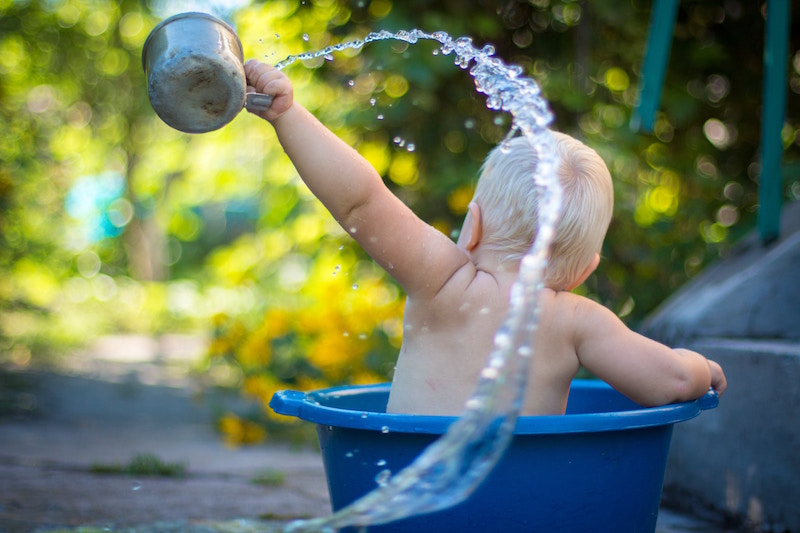
Remove standing water!
This baby is giving us a great demonstration of what to do with standing water…get rid of it!
Mosquitoes lay eggs in water so there are two goals…prevent them from laying eggs in the first place or throw out water before eggs have a chance to hatch.
This means remove water from anything that’s in your yard and can collect water…toys, the basins underneath pots, wheelbarrows, buckets, barbecue covers, tarps.
Remember that a mosquito can lay eggs in just a bottle cap full of water! If you see anything with more than a bottle cap full of water in it, toss the water out!
If you have a large pool, be sure it is properly maintained and treated (this will prevent eggs from being able to hatch).
Refresh the water (meaning empty and re-fill) in bird baths, pet dishes and kiddie pools every other day. A mosquito may have laid eggs, but when you dump the water out (as long as you don’t create a puddle!), the hatching process will be stopped.
And don’t forget to think about standing water inside the house too. It’s best to empty water out of the basins under house plants at least every other day. Be sure pet dishes of water are refreshed regularly. If you have any dripping faucets, best to get them fixed!
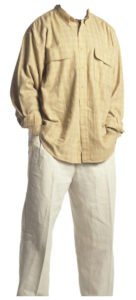
Wear loose-fitting, light colored clothes
Research has shown that mosquitoes are attracted to dark colors.
And mosquitoes can actually bite right through tight clothes!
So, wearing loose-fitting, light colored clothes is the answer.
Because mosquitoes are most active at dawn and dusk, it is a good idea to wear long pants, longs sleeves and socks at those times.
If you are exercising, be sure to stretch indoors because mosquitoes will be attracted to the carbon dioxide you are exhaling at a higher rate and to the scent of sweat.
Keep a fan blowing on you!
Mosquitoes are not strong flyers. The breeze from a regular fan is enough to prevent them from flying into that breeze.
In addition, the breeze from a fan dissipates the carbon dioxide you exhale and any body scents. This confuses mosquitoes and makes it harder for them to find you.
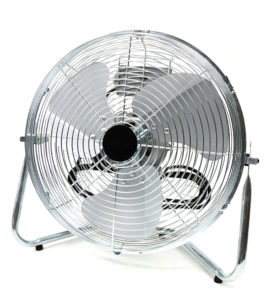
Do mosquitoes like some people more than others?
The answer is yes! If you’ve wondered why you get eaten alive and others do not, there are a variety of reasons…
Research has shown that mosquitoes are attracted to carbon dioxide. We all exhale carbon dioxide when we breathe and some people produce more than others. For example, larger people and pregnant women tend to breathe at a higher rate thereby increasing the carbon dioxide found around them. Female mosquitoes can smell this and tend to fly in patterns looking for the source of carbon dioxide.
People with type O blood type appear to be more attractive to biting mosquitoes though the exact reason for this is yet to be determined.
One study showed that mosquitoes are more attracted to people who drink beer. Sorry, beer drinkers!
Since some of these are things that can’t be controlled, the key is to protect yourself from mosquito bites.

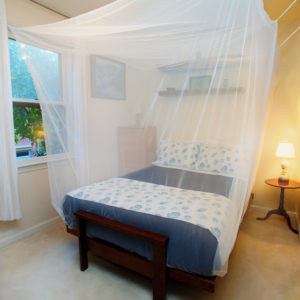
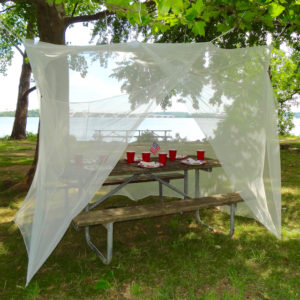
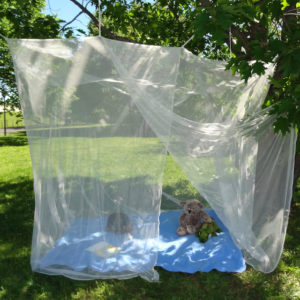
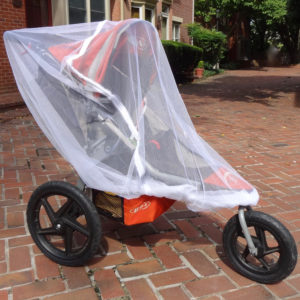

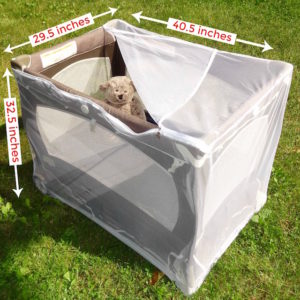
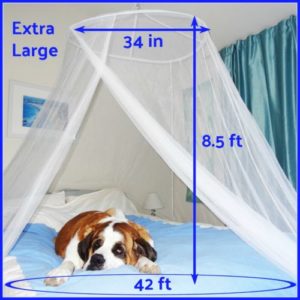
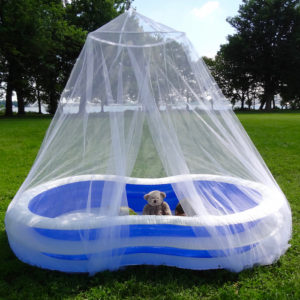
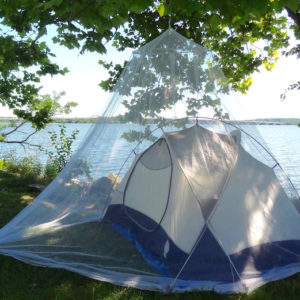
1 Comment
Leave your reply.